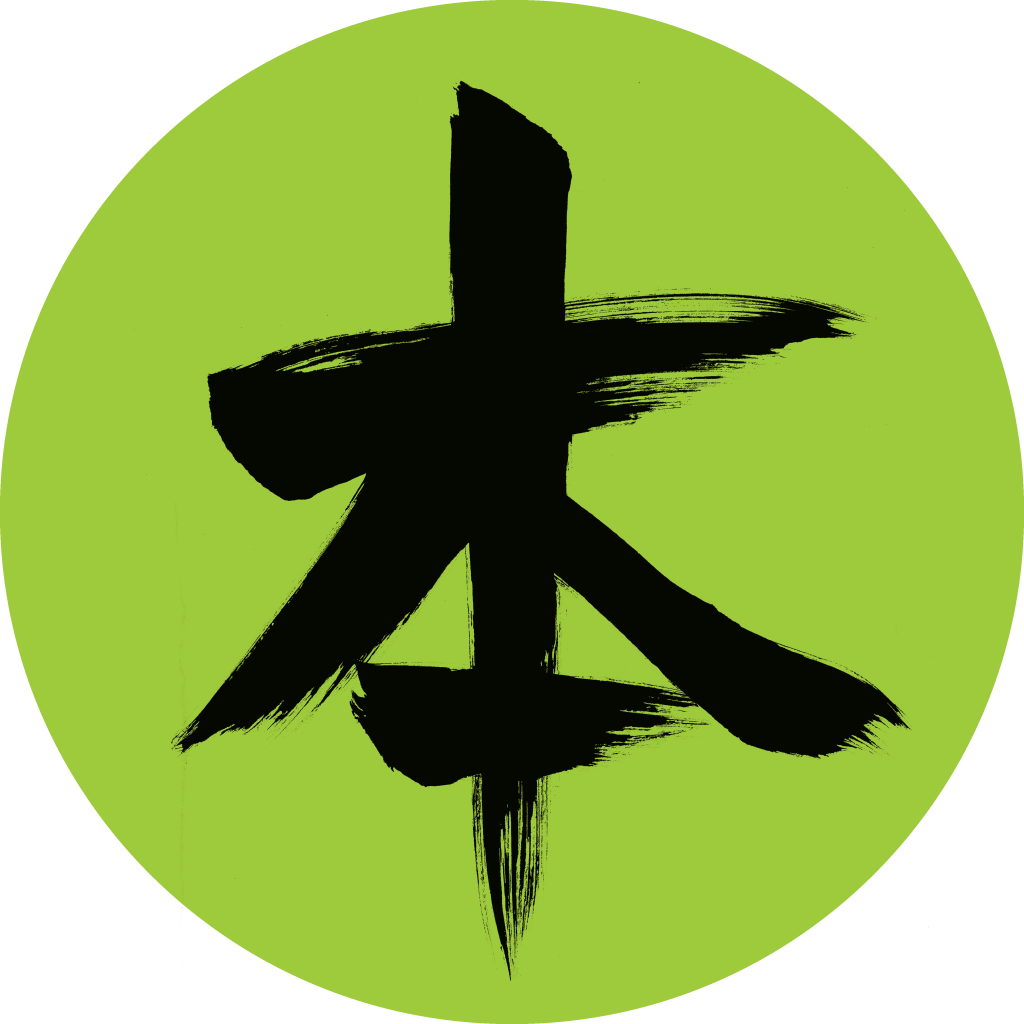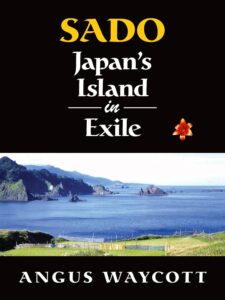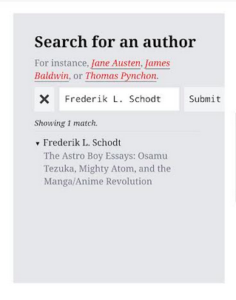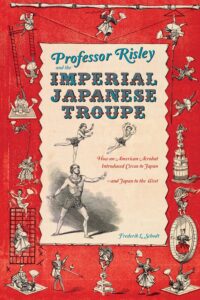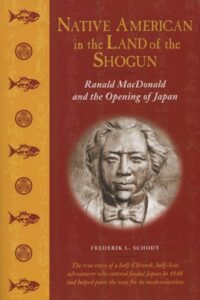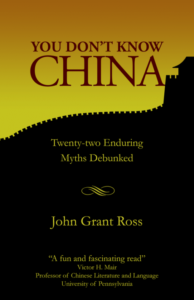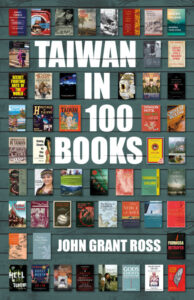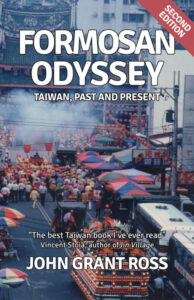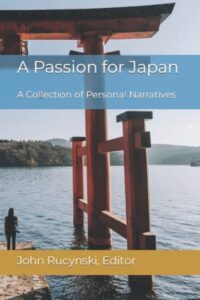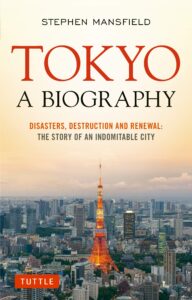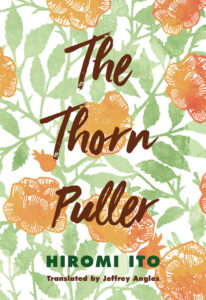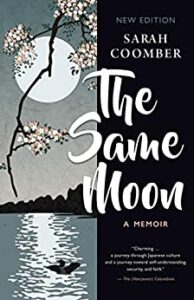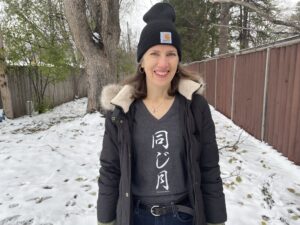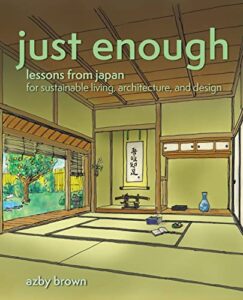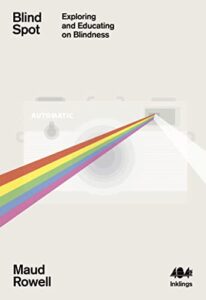Author and travel-writer Angus Waycott talks about his book Sado: Island of Exile based on his 8-day walk around the island off Niigata Prefecture in the Japan Sea. He gives us in-depth accounts of: a mujina (tanuki-worshipping) cult, funa-ema (literally “ship horse pictures”), exile (including those of Zeami and Buddhist priest Nichiren), and the controversy behind the Kinzan gold mine and its “slave labor,” all topics which he recorded in his book Sado: Japan’s Isand of Exile originally published by Stone Bridge Press in 1996, and re-issued as an e-book by the author 2012, and 2023.
Book Description: “Given the choice, no-one ever went to Sado. For more than a thousand years, this island in the Sea of Japan was a place of exile for the deposed, disgraced or just plain distrusted — ex-emperors, aristocrats, poets, priests and convicted criminals alike. This book rediscovers the exiles’ island, explores the truth about its notorious gold mine, tracks down a vanishing badger cult, and drops in on the home of super-drummer band Kodo. Along the way, it paints a vivid picture of one of Japan’s most intriguing backwaters, now emerging from a long exile of its own.”
Waycott’s favorite books on Japan are:
Memories of Silk and Straw, by Junichi Saga (transl. Gary Evans)
Women Poets of Japan, edited by Ikuki Atsumi and Kenneth Rexroth (New Directions 1982)
Sengai: The Zen of Ink and Paper by D.T. Suzuki (Shambhala, 1999)
About the Author
Angus Waycott is an author and travel writer whose books have been published in the UK, USA, Japan and the Netherlands. He has been the voice of TV news broadcasts, commercials and award-winning documentaries, has voiced “character” parts in game software and anime productions, and has worked as a copywriter, publisher, teacher, translator, lighting designer and staircase builder. His books are Sado: Japan’s Isand of Exile, Paper Doors: Japan from Scratch (2012), The Winterborne Journey: along a small crack in the planet (2023), and National Parks of Western Europe (2012).
Check out his short video on Sado Island.
The Books on Asia Podcast is sponsored by Stone Bridge Press. Check out their books on Japan at the publisher’s website. Amy Chavez, podcast host, is author of Amy’s Guide to Best Behavior in Japan and The Widow, the Priest, and the Octopus Hunter: Discovering a Lost Way of Life on a Secluded Japanese Island.
Subscribe to the Books on Asia podcast.
